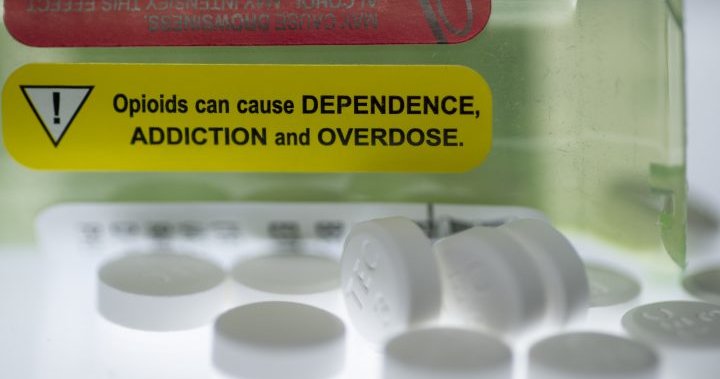
Jurisdictions pushing to decriminalize small amounts of drugs as overdose deaths soar
Global News
Some Canadian cities and provinces are trying to decriminalize possession of small amounts of drugs in their jurisdictions as thousands of people die of overdoses each year.
Some Canadian cities and provinces are trying to decriminalize possession of small amounts of drugs in their jurisdictions as thousands of people die of overdoses each year.
Since January 2016, almost 25,000 people have died from opioid-related causes, according to the Public Health Agency of Canada, which compiles the data from all provinces except Quebec.
As a crisis of opioid-related overdoses and deaths rages on in Canada, advocates have long been saying that decriminalization would help to reduce stigma associated with drug use and help save lives.
But even though calls for decriminalization have come from within the Liberal caucus, Prime Minister Justin Trudeau said during the 2021 federal election that it’s not something his government is looking to bring in.
Under the Controlled Drugs and Substances Act, jurisdictions can ask the federal government for exemptions to allow people to have small amounts of substances such as cocaine, heroin and fentanyl.
Vancouver formally asked for that in May 2021.
British Columbia was the first province to make its own request, in November 2021. Toronto followed in January.
B.C.’s mental health and addictions minister, Sheila Malcolmson, said that is one of many steps the province is taking to “save lives in the toxic drug crisis.”











